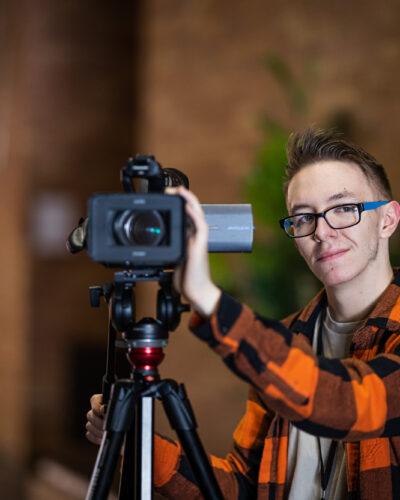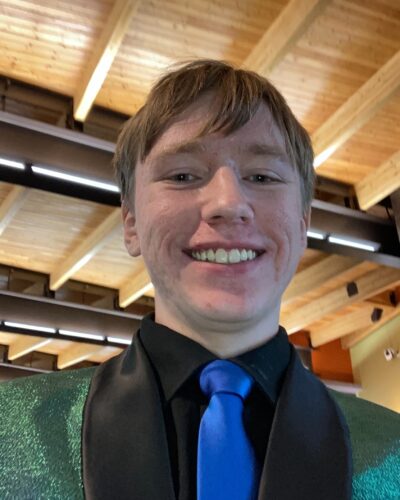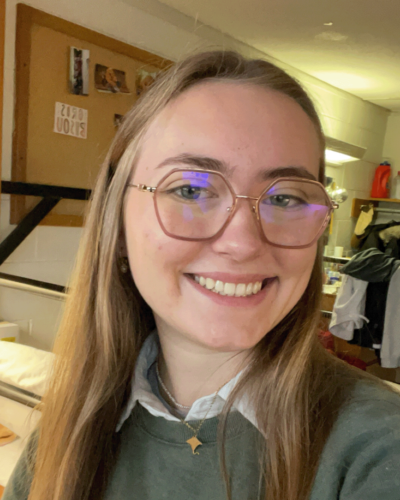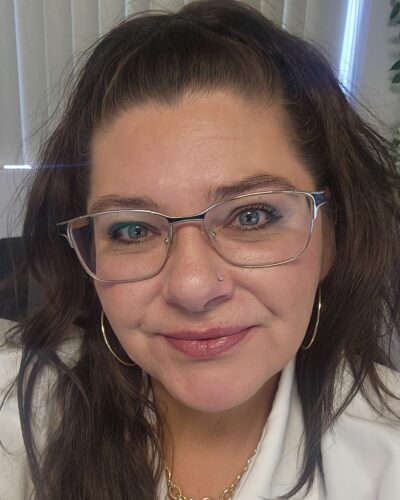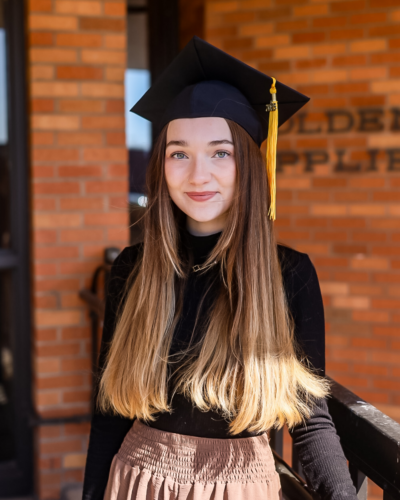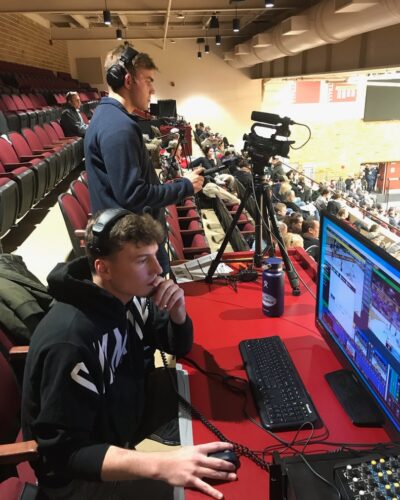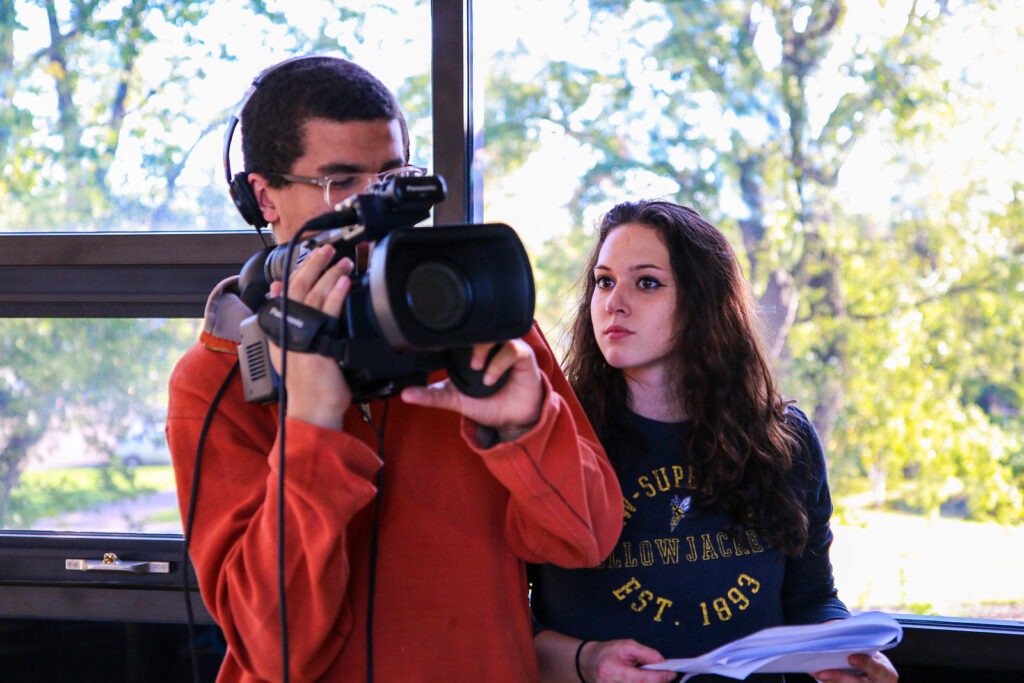
Communication, Media and Theatre Department
With its highly accomplished and award-winning faculty and staff, UW-Superior’s Communication, Media and Theatre Department offers students a balance between theory and practice in the program areas of Communication, Multimedia Journalism and Theatre/Digital Filmmaking.
All Communication, Media and Theatre Majors and Minors have many opportunities to engage in individualized experiences, including communication and media research, student teaching, internships, news reporting, sports broadcasting, digital filmmaking, and theatre production. Students also gain experience through campus organizations, such as The Promethean newspaper and University Theatre, which stages 2-3 productions each year.
Program Options
Students with a Communication Concentration or Communication Minor explore how social interactions shape their everyday personal and professional lives, including how they form and negotiate relationships in groups, communities and cultures. Coursework focuses on critical, cultural, global and media contexts and perspectives. The Communication Concentration and Communication Minor are available both on campus and online, the latter having received multiple national rankings for its academic excellence and affordability. Online students take the same exceptional classes as on campus students, but with the flexibility of earning their degree from home. Whether on campus or online, the interdisciplinary nature of the Communication program prepares graduates to work in a wide range of professions and fields, as well as pursue advanced degrees.
Multimedia Journalism students develop their knowledge and skills as digital storytellers who research, compose and produce work to be mass communicated across a wide range of media platforms. Students with a Multimedia Journalism Concentration or Multimedia Journalism Minor have numerous experiential learning opportunities with campus partners Yellowjacket Athletics, The Promethean student newspaper and Wisconsin Public Radio. Multimedia Journalism graduates have careers in traditional print, radio and television media, as well as in the expanding fields of public relations, social media marketing and web content production for businesses, government and nonprofit organizations.
Students who choose the Theatre and Digital Filmmaking Concentration or Theatre Minor learn and apply theory and techniques in theatre and digital film production. Coursework is very hands-on, offering students multiple opportunities to perform, create and collaborate in theatre productions and on both fictional and documentary video projects. Graduates of the Theatre and Digital Filmmaking Concentration or Theatre Minor go on to work as writers, producers, directors, editors, designers, actors and more in the highly creative and competitive theatre, film/TV and video production industries.
Scholarship Opportunities
Involvement Opportunities
The Communication, Media and Theatre Department offers multiple opportunities for students to engage in individualized experiences, including communication and media studies research, student teaching, internships, and creative projects in theatre and video production. Students also gain experience through campus organizations, such as The Promethean student newspaper and University Theatre, which produces three plays each year.
Students also have the opportunity be involved with KUWS, a non-commercial, educational, FM broadcast station, whose license is held by the University of Wisconsin Board of Regents, and is affiliated with Wisconsin Public Radio (WPR). KUWS broadcasts 24 hours a day on a frequency of 91.3 megahertz, with an effective radiated power of 83,000 Watts. KUWS studios are located in the Holden Fine and Applied Arts Center.
Facilities
The Communication, Media and Theatre Department is located in the Holden Fine and Applied Arts Center, which has been newly renovated and features KUWS radio recording studios, a television production studio, the 237-seat Manion Theater, the Experimental Theatre, a Scene Shop, Green Room, Design Room and much more.
Internships and Senior Capstone
Communication, Media and Theatre students benefit from the vibrant arts, media and business community in the Superior-Duluth area as well as our faculty’s many professional connections and associations. Faculty and the Career Services Center help students identify internship opportunities that align with their future career goals and provide experiential learning opportunities throughout the course of the programs.
